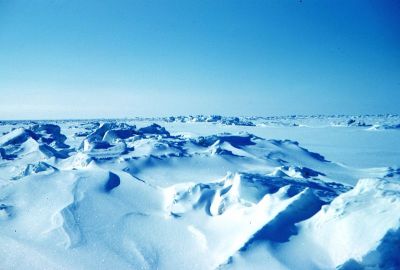Training for Arctic nitrogen scientists

Arctic, fot. public domain
Young researchers have received theoretical and practical skills training to study nitrogen at the Ny-Alesund Arctic research centre in Svalbard, Norway.
Recent evidence suggests that Arctic soils are accumulating nitrogen
pollution from the lower-latitude parts of the world. This is
concerning, since nitrogen fluxes can have a profound effect on fragile
Arctic ecosystems, and may even compound the effects of climate change.
To help build research expertise on these issues, the EU-funded
'Training in sources, sinks and impacts of atmospheric nitrogen
deposition in the Arctic' (NSINK) project was set up. The project
provided theory, field work and laboratory skills training for nine
early-stage researchers and three experienced researchers. In addition,
these scientists conducted their own research as part of the NSINK
project.
Researchers modelled atmospheric nitrogen over different timescales
and in different parts of the Arctic. They found that nitrogen
accumulated at very different rates in different areas, due to several
major weather events that deposited large amounts of nitrogen.
Other project efforts studied nitrogen accumulation in snow and ice.
NSINK found that in this case bacterial communities in wetlands and in
snow controlled the fate of the nitrogen.
NSINK launched the academic careers of several promising young
scientists in a very important field of climate research. Just as
importantly, it improved our understanding of how human activity is
influencing Arctic ecosystems.
published: 2015-03-13